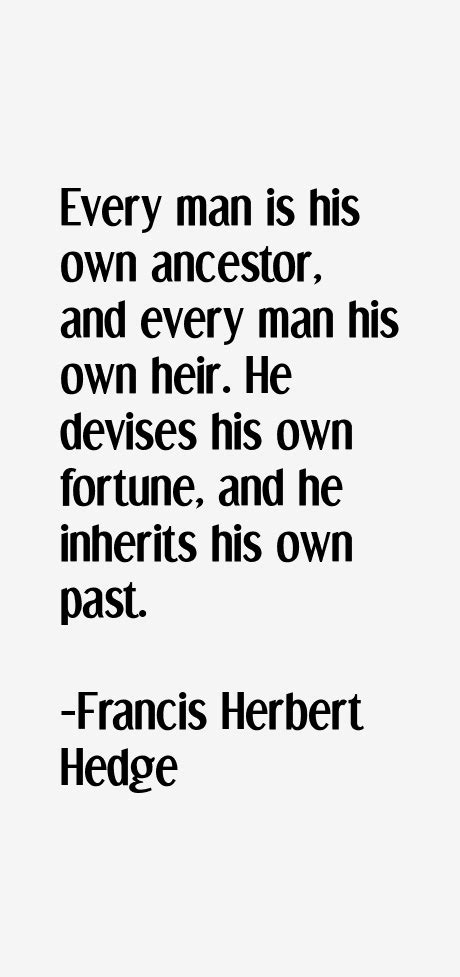A Quote by Victor Hugo
The human soul has still greater need of the ideal than of the real. It is by the real that we exist; it is by the ideal that we live.
Related Quotes
God loves human beings. God loves the world. Not an ideal human, but human beings as they are; not an ideal world, but the real world. What we find repulsive in their opposition to God, what we shrink back from with pain and hostility, namely, real human beings, the real world, this is for God the ground of unfathomable love.
All the controversialists who have become conscious of the real issue are already saying of our ideal exactly what used to be said of the Socialists' ideal. They are saying that private property is too ideal not to be impossible. They are saying that private enterprise is too good to be true. They are saying that the idea of ordinary men owning ordinary possessions is against the laws of political economy and requires an alteration in human nature.
The ideal of having a real job that you risk your soul in and make good or be damned, belongs to the heroic age of capitalist enterprise, imbued with self-righteous beliefs about hard work, thrift, and public morals. Such an ideal might still have been mentioned in public fifty years ago; in our era of risk-insured semimonopolies and advertised vices it would be met with a ghastly stillness.
It is sometimes said that the tragedy of an artist's life is that he cannot realise his ideal. But the true tragedy that dogs the steps of most artists is that they realise their ideal too absolutely. For, when the ideal is realised, it is robbed of its wonder and its mystery, and becomes simply a new starting-point for an ideal that is other than itself.



































